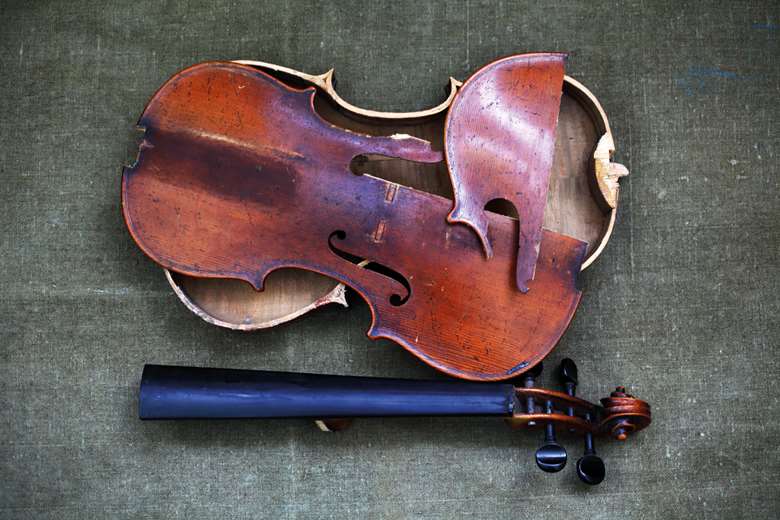Self-Employed Musicians Guide to Insurance
Rhian Morgan
Wednesday, December 14, 2022
From cracked cello cases to loss of earnings – there’s more to insurance than you might think, as Rhian Morgan discovers

© AdobeStock

Register now to continue reading
Don’t miss out on our dedicated coverage of the classical music world. Register today to enjoy the following benefits:
- Unlimited access to news pages
- Free weekly email newsletter
- Free access to two subscriber-only articles per month

